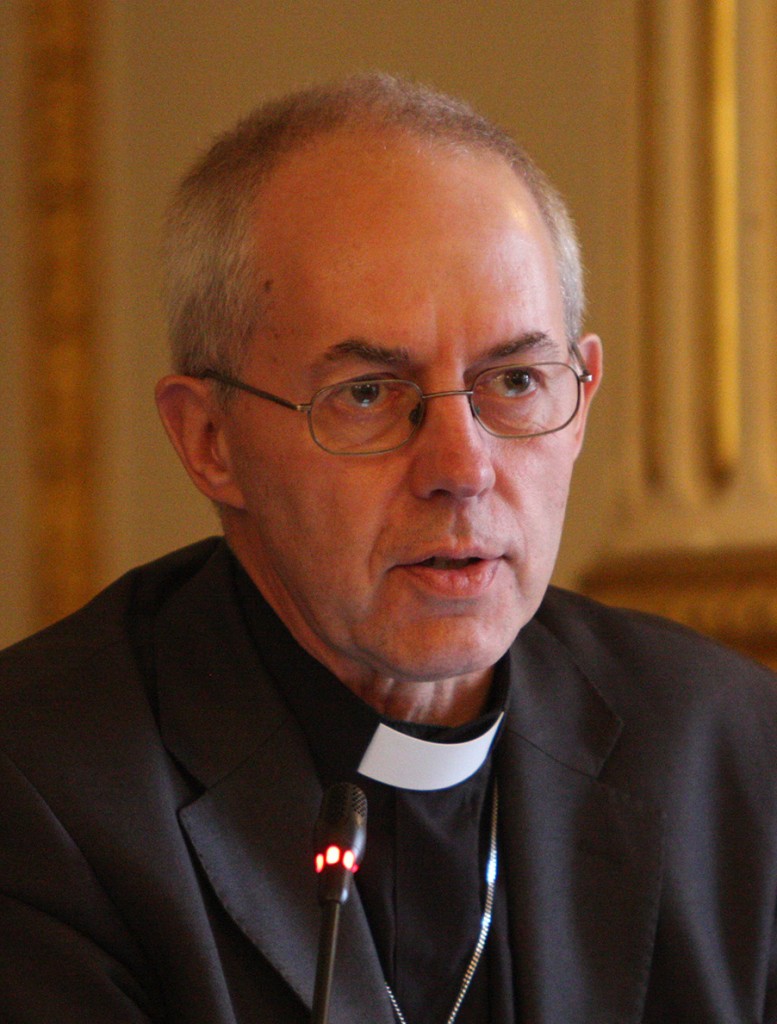The Archbishop of Canterbury Justin Welby addressed the United Nations Security Council yesterday, speaking on the importance of conflict resolution and mediation. This was Welby’s first time addressing the U.N. Security Council and he was invited to participate in the open debate as part of his role as a member of the Secretary-General’s High-Level Advisory Board on Mediation, on which he has served since 2017. The advisory board is comprised of 18 members from around the globe; Welby was tapped for the position due to his deep commitment to reconciliation, which is one of the key priorities in his ministry.
In his speech to the Security Council, Welby noted the importance of faith leaders in conflict resolution around the world, including highlighting work of Anglican leaders in South Sudan. The primary focus of his speech, though, was to encourage conflict resolution that resulted in reconciliation rather than just a simple end to conflict.
He stated:
“…mediation can only be effective when it is in the context of structures of reconciliation. Where mediation is about resolving conflict, reconciliation is the process of transforming violent conflict into non-violent co-existence where communities have come to terms with history and are learning to disagree well. Mediation by itself, however skilled, is like using a garden hose to put out a forest fire, when what you need is rain over the whole area to let new life grow and sustain itself.
We therefore need to complement mediation – in fact the whole conflict cycle – within the framework of reconciliation.
The vision of the UN’s founders was no less than to abolish conflict. Many of them were responding to the words of Jesus Christ, applicable to all parts of the earth, in the Beatitudes: “Blessed are the peacemakers, for they shall be called the children of God”. Jesus’ very life was given in the cause of peace with God, with oneself and with others.”
And later:
“The role that an institution like the church plays here is significant. Religious institutions are often the only functioning institution in a fragile or pre-conflict situation. They are present before, during and after conflict. They provide early warning for signs of conflict in communities. Working with and through religious and other institutions to provide ‘pre-emptive’ reconciliation frameworks can stop conflict becoming violent or returning to violence – it can set it on a different path. Their work is done by young and old, by women and men, by rich and poor. It seeks a peoples’ peace.
If we can learn how to set conflict transformation in a framework of reconciliation – including at the grass roots, and not only by elites in conferences – we open ourselves to working together in new and more effective ways as we strive for peace, as the Secretary-General has just said. We enable mediation to be orders of magnitude more effective. As I have already said, the United Nations is the most extraordinary example of a framework of reconciliation – but this framework needs to be embedded in current ways of working and analysis.”
The complete text of the speech can be found on the Anglican Communion website and a video of the speech can be found on the Anglican Communion Youtube Channel.

